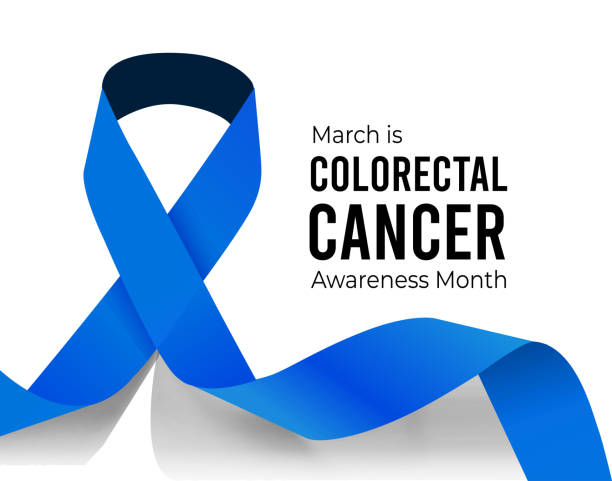All You Need to Know about MSG

MSG is a flavor enhancer commonly used in Asian meals and processed foods. It makes food tastier as it adds an umami flavor to meals. But so much negativity has been spoken about this famous kitchen ingredient.
Do you think all that you hear is true? Hence, we decided to get our dietitian, Reshmy Ranee onboard to tell us more about MSG. Here was our Q & A session with her.
1. What is MSG?

·MSG is used interchangeably with the term, Ajinamoto. However, Ajinamoto is a brand and MSG is the ingredient.
·Monosodium glutamate or abbreviated as MSG is made up off 12% sodium, 78% glutamate and 10% bound water.
2. How is MSG made?

2. How is MSG made?
·MSG is made from the fermentation of tapioca, sugar cane, beet or corn starch. Sometimes, MSG can be synthetically made as well.
·Refer to food labels to know the ingredients in the MSG you purchased.
3. I have heard of sodium but I have never heard of glutamate. What is it?
·Glutamate is a chemical messenger in our body that carries information to the brains.
·Glutamate is also heavily found in high protein foods such as meat and also in breast milk.
4. I have heard of people who fall sick after eating MSG. Is it true?

·Many times, it is a placebo effect known as Chinese restaurant syndrome. Some people complain of thirst, palpitations and weakness after consuming MSG and some say they suffer from hair fall. However, no scientific proof has been available to back up this claims.
·Though some people do feel thirsty after consuming MSG, it is normal as MSG has sodium. If you are already dehydrated and do not consume enough water, you are eventually going to get a headache.
5. Which is better, MSG or table salt?

· MSG contains 12% sodium and table salt has 40%.
· If you are concerned about your salt intake, add a dash of MSG and cut down your salt intake by half.
6. So, is MSG okay to consume?

·Yes, it is perfectly okay to use MSG in your meals. After all, FDA has classified MSG as a safe ingredient.
·However, anything in excess has never been favorable.
7. Any contraindications?

·Only if you have gout. This is because MSG increases production of uric acid in the body leading to gout flares.
References
1.MSG: What the science says about its safety. Medical News Today.







